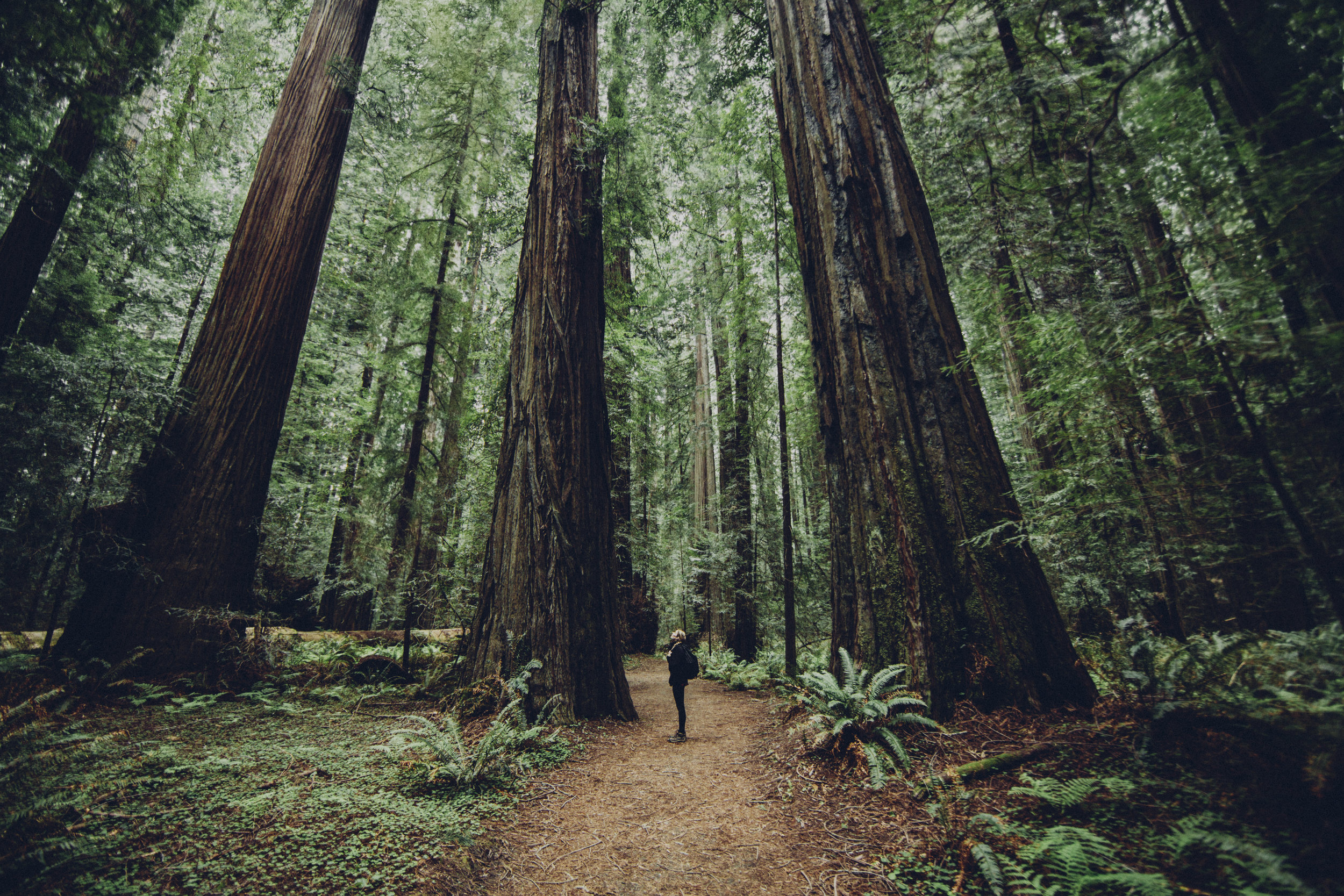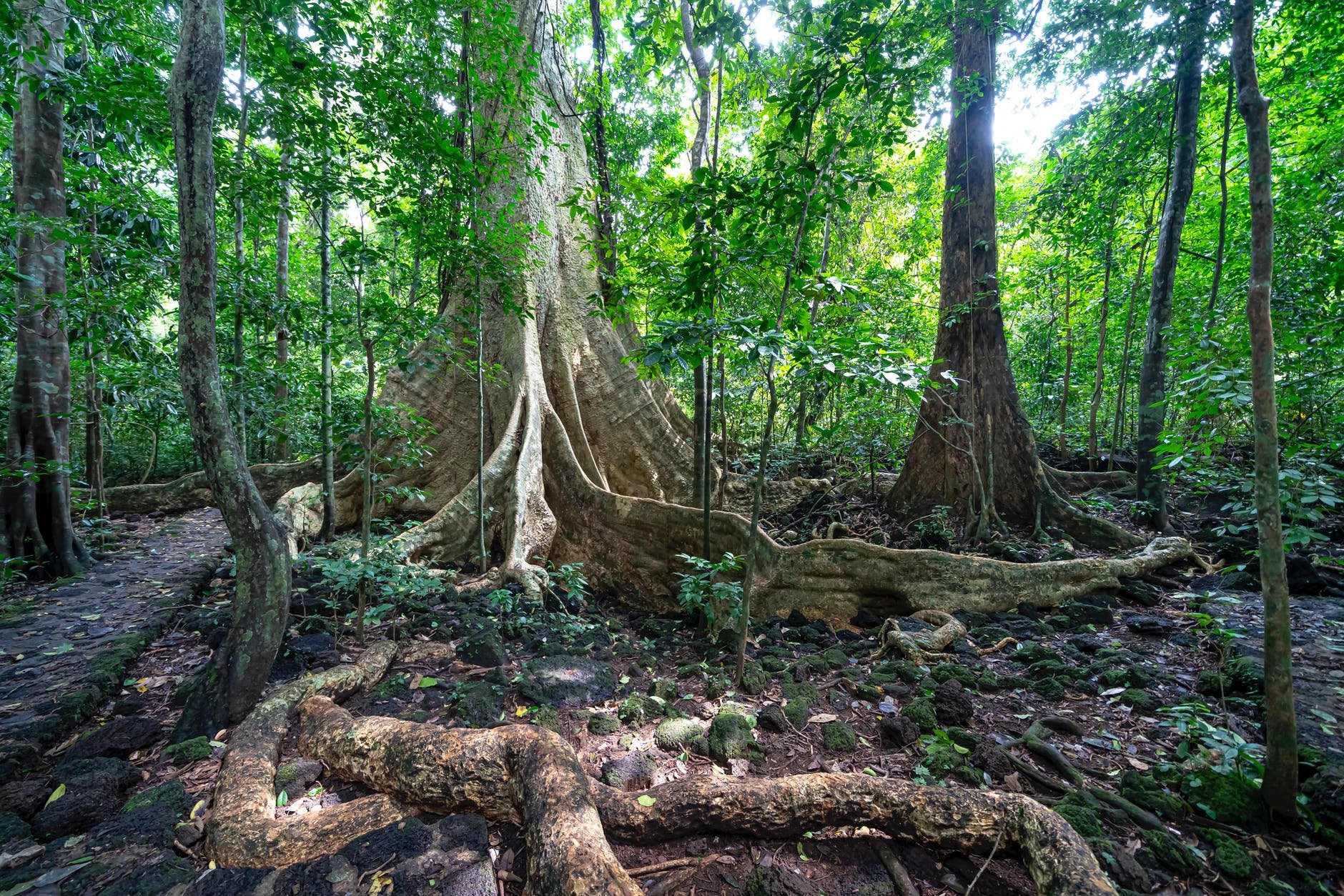
I am motivated by the natural world to understand and protect it.
I’ve been fascinated and blessed by nature from my earliest memories - playing by the sea in my childhood home of Bermuda. As for many islanders, the ocean and its wilderness was an extension of home. I always kept my gaze on the water in search of the next shark, fish, tunicate or other denizen of the deep to check off my list. And slowly, by osmosis, I began to learn just a few of nature’s truths.
Other early encounters gave purpose to my love of nature. My grandfather influenced me deeply as an industrialist-turned-environmentalist. He spent his later years warning of the very environmental problems that loom so troublingly today - from unsustainable resource use to pollution. That concern and passion is something I try to carry forward in my own work on aquatic ecosystems. Living on a small and remote oceanic island - where we imported most things and rationed rainwater for everyday use - emphasized the finiteness of resources and the need to conserve. Our Earth, like an island, is bounded and vulnerable.
I was lucky enough to travel widely while competing internationally in swimming. Soaking up varied cultures showed me the diversity of ideas, needs and relationships between people and the natural world. I marveled at the ethnobotanical knowledge remaining in pockets of Borneo and Amazonia. I saw - and tasted - firsthand how Polynesians managed their fisheries around the threat of ciguatera poisoning. Solutions are all around us if we look.
I am a curiosity-driven enquirer. I once released a swarm of one ant species in my parents’ house to drive out another - an (unscientific) test of traditional ecological knowledge (The result, you ask? Ant Wars and some support for the idea). My curiosity is about finding how we may use biodiversity and emulate nature to do the work of the planet more productively, reliably and efficiently. This ‘working-with-nature’ philosophy suffuses my professional work.
If my love of the natural world was ever untamed, graduate schooling at the University of Otago (MSc) and McMaster University (PhD) gave it rigour. I learned to enjoy the contours of the scientific method and the building of understanding with one tested block at a time. The deep study of statistics further showed me a way to extract clear thinking from the fuzzy outlines of concepts. For me, the process of how we know is as important as the discoveries that come out of it.
I balance the left-brained activities of science with the study of traditional Chinese meditative and martial arts, like tai chi and baguazhang. I am an avid gardener who relishes having hands and feet in the dirt, still fondly remembering a year spent raising two dozen chickens. These practices remind me of the importance of seeing the world through a variety of lenses - intuitive and synthetic as well as cerebral and analytical.
Today I live in Hamilton, Ontario where my wife and I raise our two young daughters. My simple wish - and motivation for working on environmental problems - is that they discover the same world of natural beauty and possibilities that I did.
For my professional accomplishments, check out my LinkedIn page. For my research activity, see my ResearchGate profile.


